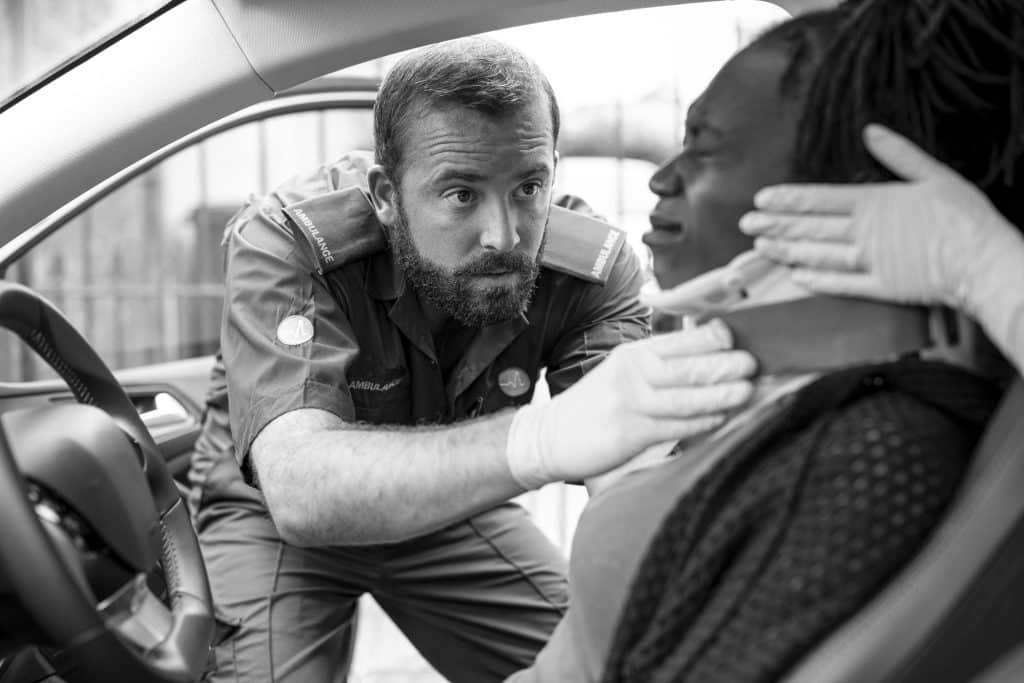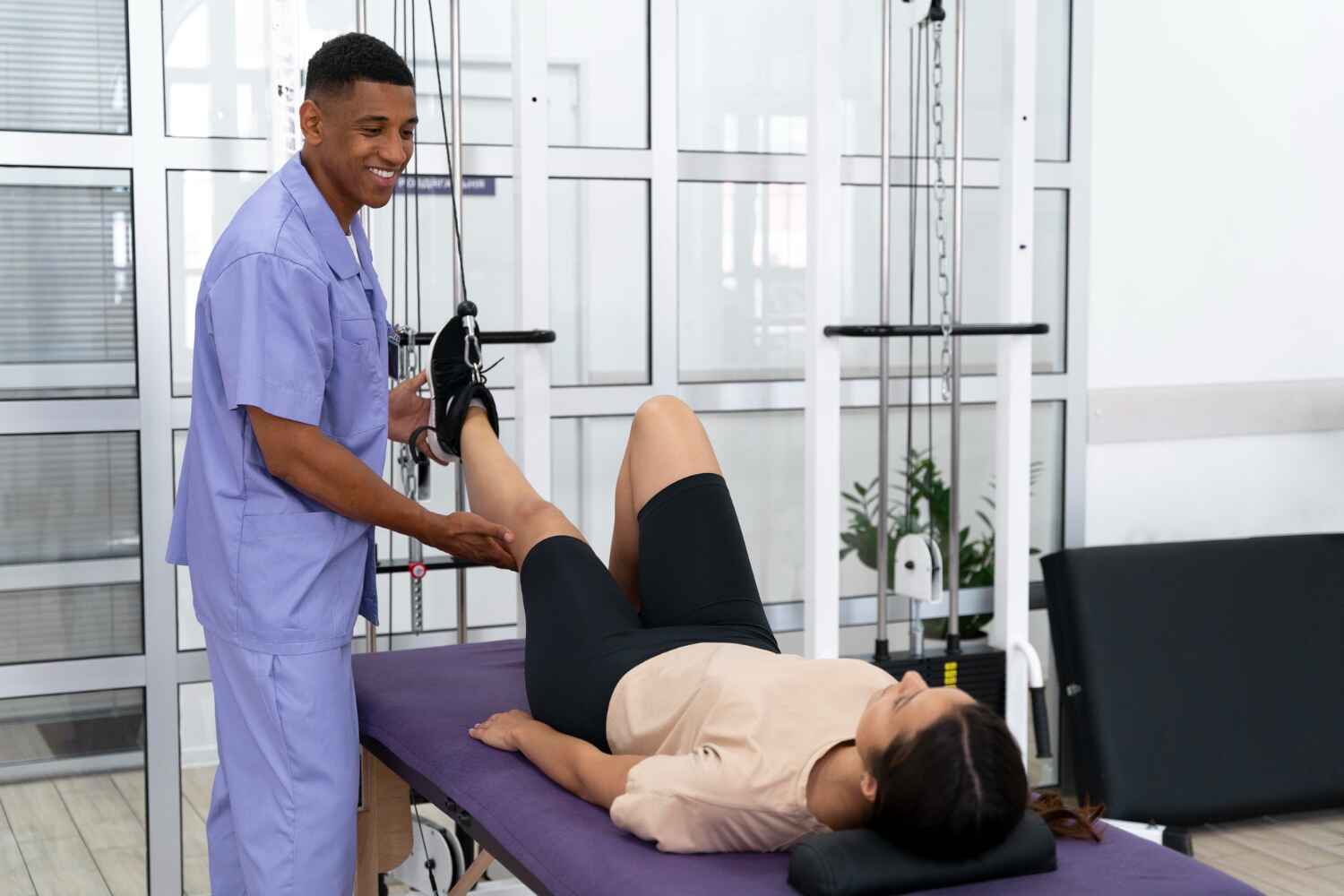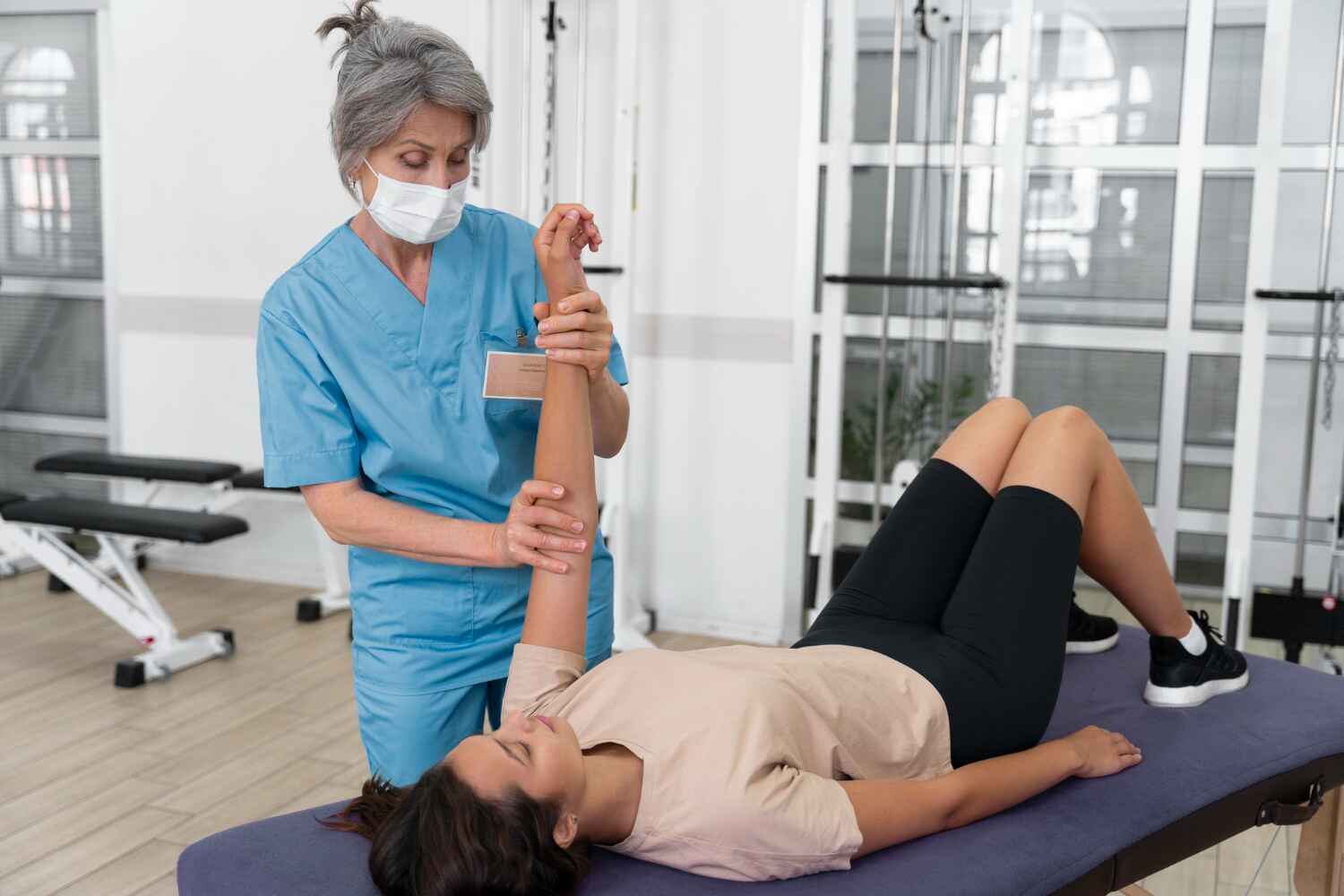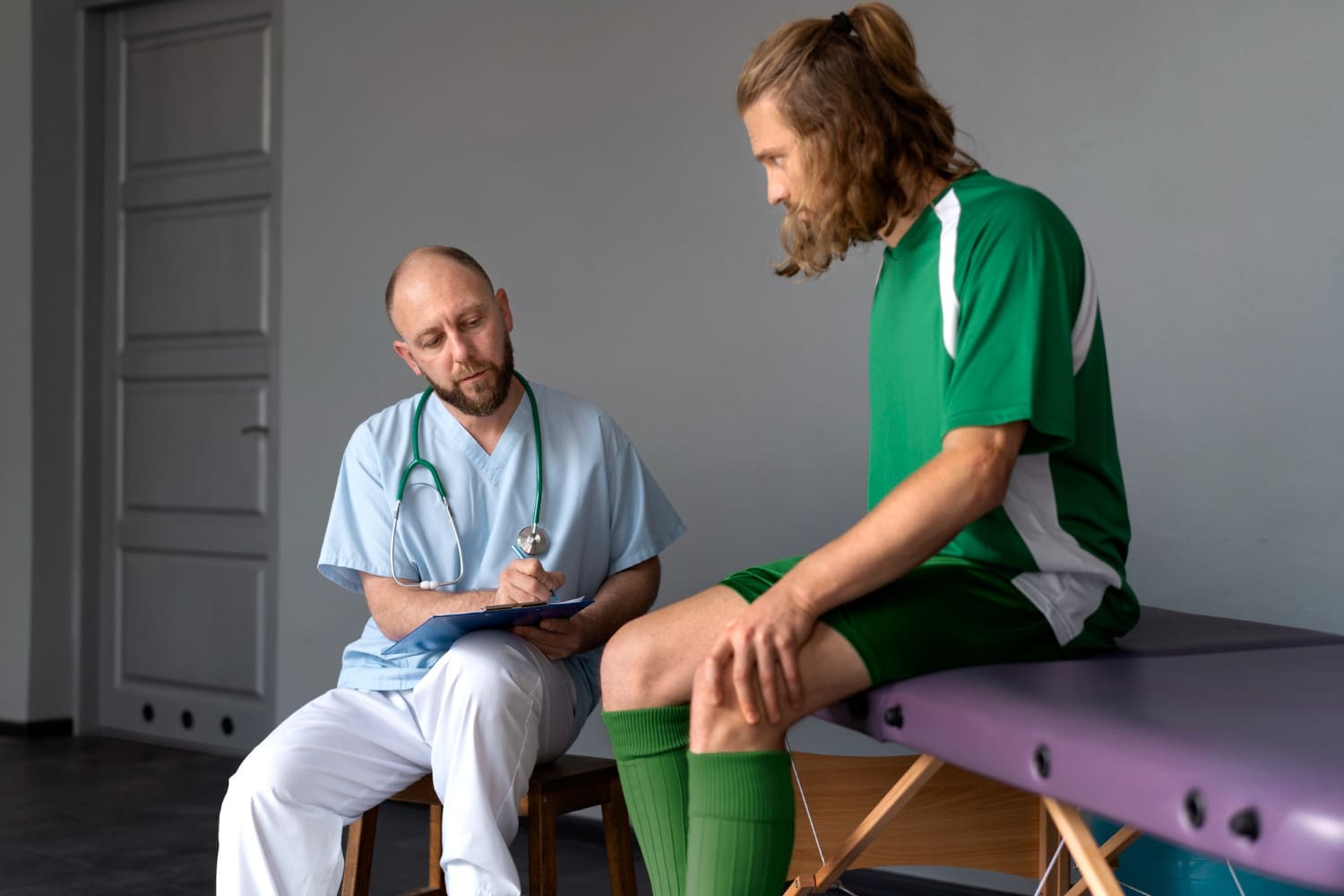
Car accidents occur almost every minute of every day, and even low-speed collisions can cause high-impact injuries. Few car accident injuries are more common or debilitating than those to the back and spinal column. While many cases of back pain after a car accident are temporary, such pain can also be a sign of a more serious and long-lasting condition.
Even people who feel “fine” after a crash can wake up days or weeks later with back pain and discomfort or limited mobility that interferes with ordinary life. That is why you should always get medical attention after a car wreck, even if you don’t believe you suffered notable injuries.
How Car Accidents Cause Back Pain and Injuries
Whether you feel back pain after a car crash –and the severity of any such pain — depends on several factors, such as how the crash happened, the size and speed of the vehicles, and whether you were wearing a seat belt or airbags deployed. Age, overall physical condition, and prior injuries can also affect the spinal cord\’s reaction to the impact and shock of a crash.
But almost all car accidents cause a sudden and unexpected impact that the body is unprepared for. When another car hits you, or you hit another vehicle, your body will remain in motion after the crash until something stops it, whether it is an airbag, seat belt, steering wheel, or windshield. Without a seat belt, for example, the motion after impact can propel a person out of their vehicle entirely, leading to catastrophic injuries or death.
Reasons for Back Pain After a Crash
Each area of your back consists of nerves, bones, muscles, ligaments, tissues, and tendons that extend from the neck to the pelvis. An injury to any single element of the spinal structure can lead to significant pain.
After a car accident, the most common back injuries are to the lumbar spine in the lower back. Thoracic upper back injuries are less common in car crashes, but they can often be more severe when they happen. Damage to any of the upper back’s 12 vertebrae can affect breathing, cause nerve damage, or lead to chronic pain.
Inflammation, fractures, or compressed nerves may also contribute to back pain and stiffness after an accident, as can soft tissue damage, herniated disks, strains, and sprains.
Symptoms of a Back Injury After a Car Crash
Pain is how our bodies tell us something is wrong. After an accident, back pain can show up in many ways, such as:
- Muscle spasms
- Stiffness
- Burning pain that may move down the back through the back of one or both legs
- Discomfort walking or standing, including a throbbing sensation or mild pain when performing daily tasks.
- Sharp pain when changing positions, such as sitting up after waking or standing up after sitting
- Tingling or numbness in your legs, feet, arms, or hands.
As noted, you may not feel these or other back pain symptoms right after an accident. But that doesn’t mean you won’t. Getting medical attention, whether at the scene, at the ER, or during a visit with one of OrthoMiami’s experienced physicians, is the best way to learn the nature and extent of your injuries and get needed treatment.
Back Pain? Schedule an Appointment at OrthoMiami Today.
The first step in resolving back pain is to schedule an appointment with an experienced orthopedist who can evaluate your condition and recommend the best course of treatment. As an all-inclusive orthopedic facility, OrthoMiami can get patients their essential imaging, required surgery, and critical follow-up care, including physical therapy, all in one convenient office. The OrthoMiami team always welcomes new patients and can generally schedule new patient appointments within a couple of days.
Please contact us today at (305) 596-2828 to schedule your appointment. We look forward to meeting you.


